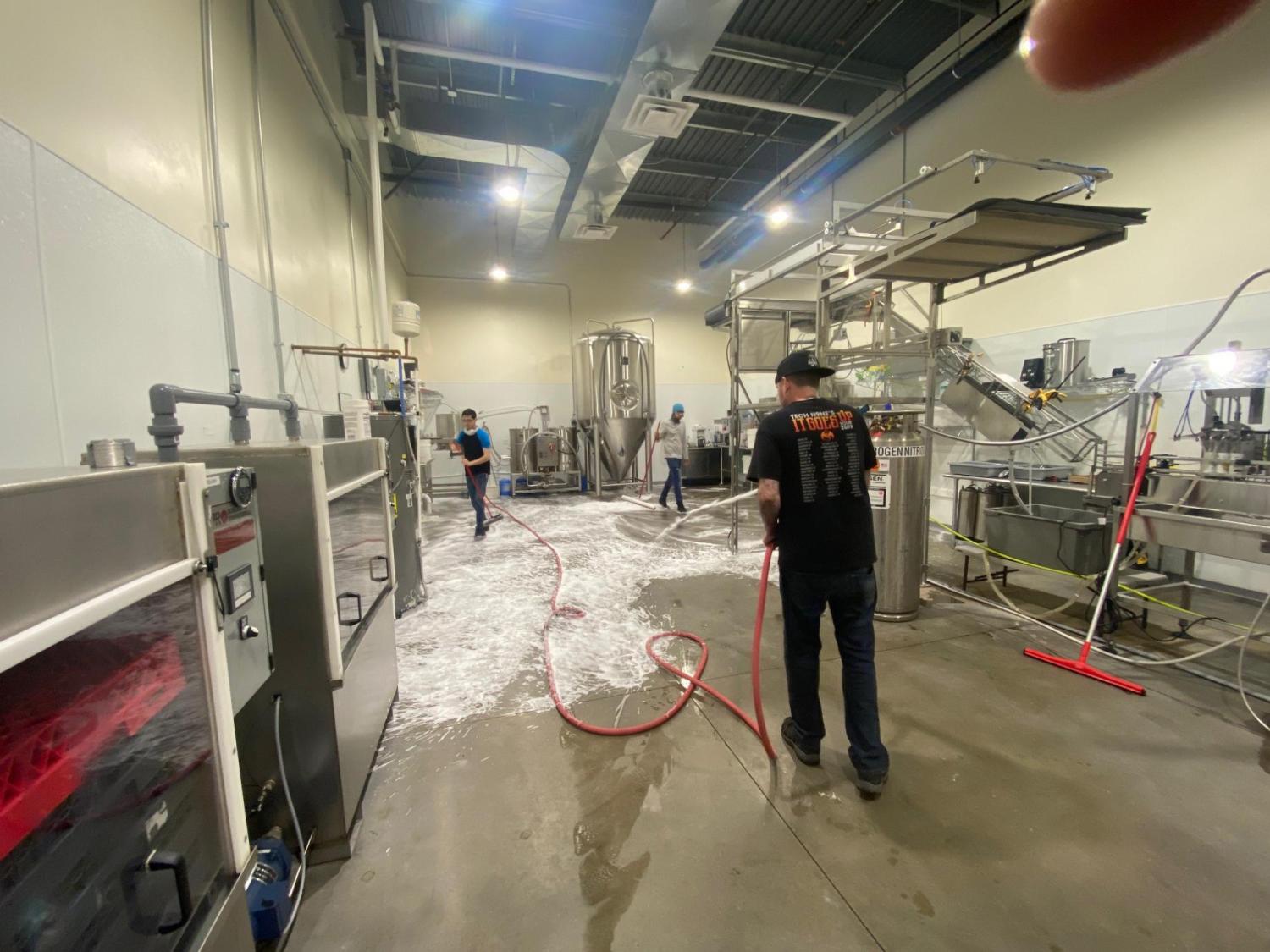Viewing the Food System Through Different Lenses

Photo courtesy of Jason Walsh
With the rapid onset of the coronavirus, much has been said about the new normal. People have mused about whether we will shake hands ever again. What about flying in an airplane? Returning to the classroom? Going to a restaurant? The natural products industry thrives on relationships that typically involve flying cross country to have face-to-face meetings and attending large trade shows several times a year. We like to see one another, discuss challenges, and share information. It is a close-knit community rich with camaraderie and genuine fellowship. It is not uncommon for someone new to the industry to reach out to an industry veteran seeking and receiving support. We thrive on these connections. While there is no crystal ball to predict the future, it is an inescapable fact that certain parts of life will change, and we may be doing business differently moving forward.
Not surprisingly, every food and beverage company is viewing the global crisis through its own lens. Most brands experienced strong sales through mid-April, but sales are tapering off now that consumers have loaded up their pantries with grocery staples. Even large companies have experienced issues with their supply chains with all hands-on deck. Having said that, most large consumer package goods (CPG) brands seem to be pulling through since they tend to control their manufacturing. Smaller brands are having a tougher time since they are at the mercy of co-packers who have reached their capacity and are reserving line time for their larger clients.
Working on the business development side, I’ve seen two responses or patterns of behaviors from food and beverage brands. One group is laying low, reluctant to spend on product innovation and delaying decision-making on all fronts except for the immediate day-to-day needs of the business. The second group is taking this time to think about growth. Growth can come from product innovation that relates directly to products that are currently experiencing strong velocity (e.g., immunity-boosting products). The other growth mindset is the group that is considering what their business will look like once the stay-at-home orders end. They are trying to get ahead of the situation and think strategically. They are trying to use this time wisely. It is an understatement to say that decision-making can be challenging when there are so many things competing for our attention at work, at home, and on a global scale.
After we feel safe to leave our homes, it will be interesting to see how our relationship with food will change. We used to take it for granted that our grocery store shelves will always be full. We live in a culture where we tend to undervalue food, meaning we are always searching for quarterly promotions, BOGO (buy one, get one free) offers, or EDLPs (everyday low prices). As consumers, we have been trained to shop on frequent promos of which even I am guilty. We eagerly buy the $1 hamburger even though a hamburger should probably cost substantially more. For some people, the reality is that they cannot afford to spend half of their paycheck at the grocery store and, as a result, have fewer healthy food options.
In the last several weeks, we have seen grocery stores and their employees be the subject of many news articles. Grocery store workers are being lauded for putting their health at risk by going into work and being in contact with the public. They are, and should be, considered front-line workers. We owe this essential group of workers a tremendous amount of gratitude since the closing of our grocery stores would devastate our food system and this period of quarantine would be vastly different for our society as a whole. In addition to grocery store workers, there are many more unseen people who make our food system run to ensure that we can put food on the table – farmers, warehouse workers, distributors, truckers, and manufacturers to point out just a few. When this is over, will we have more awareness of our food system and the people who make it all happen? Will we consider things beyond just price, but also issues around labor, food waste, sustainability, organic standards, regenerative agriculture, and food justice?
Especially now, I consider myself fortunate to work in the food and beverage industry due to its resilient nature. I am reminded everyday of how this industry can’t stop or even take a break. On a personal level, our household is never able to be fully in quarantine since my husband goes into work at least five days a week to his canning facility. The other food manufacturing companies in his building also all report to work every day.
It may be hard to imagine life resuming to normalcy again, but it will, albeit an altered one. The question is: How and in what ways will our food system be permanently transformed?
Catherine Walsh is Director of Brand Development at Moxie Sozo. She can be reached at catherine.walsh@moxiesozo.com.







